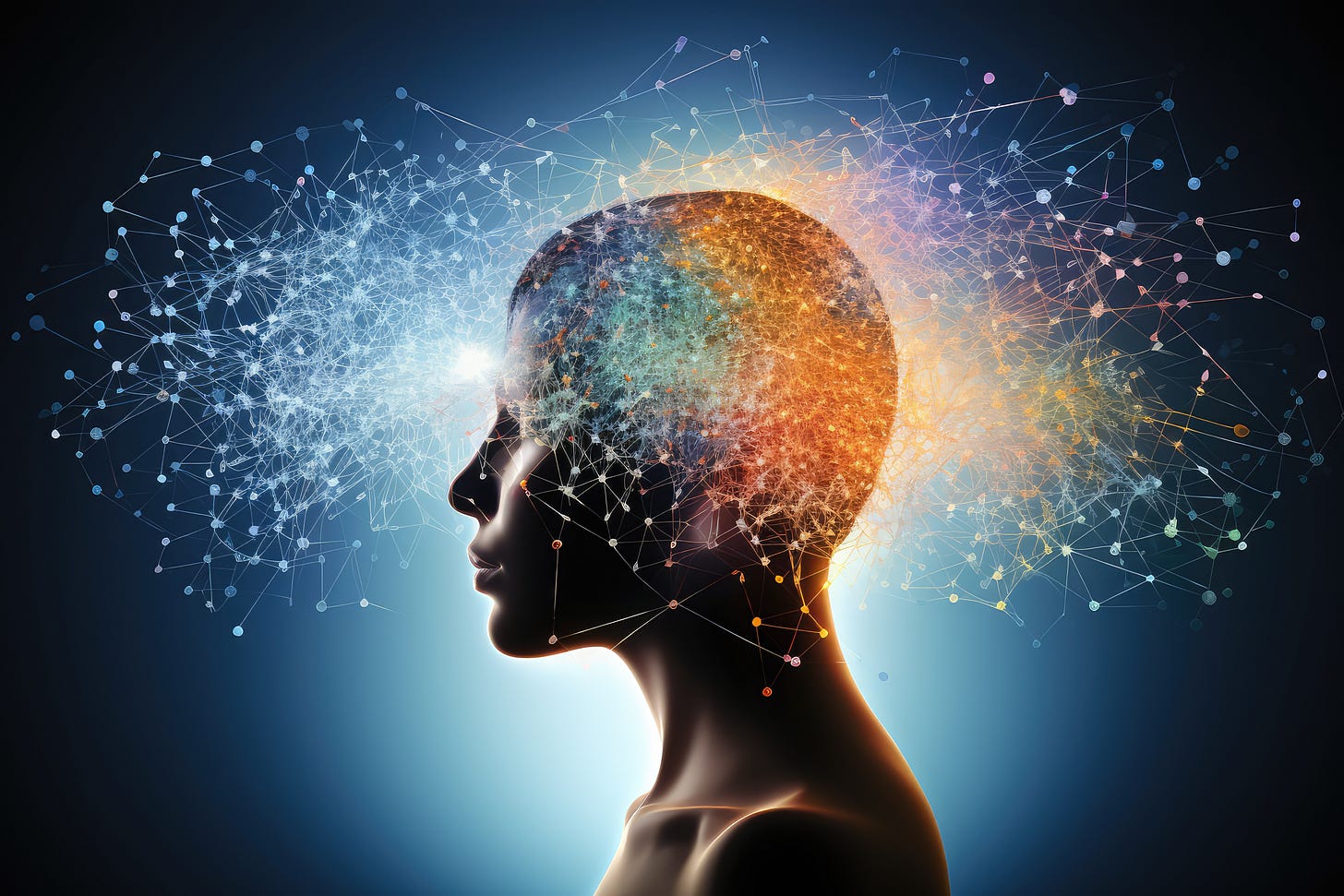Neurotransmitter Repletion: Restoring Balance for Optimal Mental Health
In the intricate landscape of the human brain, neurotransmitters play a pivotal role in regulating mood, cognition, and overall mental health. Imbalances in these chemical messengers are often implicated in various psychological disorders, including depression, anxiety, and sleep disturbances. Neurotransmitter repletion, the process of restoring these c…



